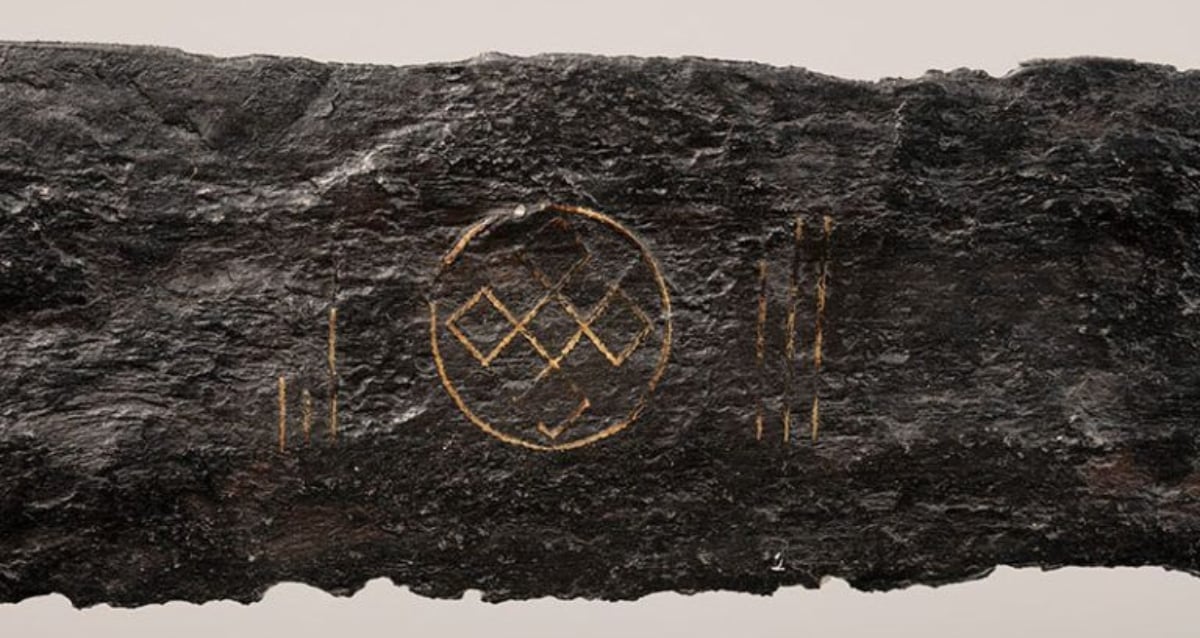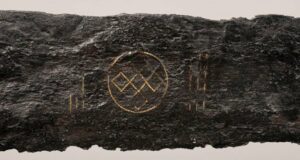Eternal Vengeance: Ancient Greeks Used 'Curse Tablets' to Torment Foes Beyond the Grave
It may have to do with a change in the law in ancient Athens.
Demetrios of Phaleron, who ruled over the city between 317 to 307 BCE, implemented a new law related to the management of tombs which explicitly banned residents from dumping their curses into people’s graves.
Greeks considered hexes and spells to be a part of the black arts and this law was likely meant to discourage people from practicing it. Instead, the law only forced those casting curses to become more creative in ensuring how their curse reached the underworld.
To the ancient Greeks, water was sacred and provided a direct connection to the underworld. But water was also believed to be protected by nymphs who “could become very mischievous when their water was treated badly,” according to Stroszeck.
To appease these nymphs then, the Greeks would also include offerings when dropping their hexes down the well, which is likely why archaeologists found so many other things with the tablets.

Jutta Stroszeck/German Archaeological InstituteThere have been more than 6,500 burials unearthed since excavations began in the necropolis of Kerameikos in 1913.
The ancient Greeks deployed curses for various reasons: money, opportunity, love, and hate. Curses were typically written by professional curse writers and were usually performed discreetly. Yet, there have been instances where people were hexed publicly.
The most notable example of this was the public cursing of General Alcibiades. Rumor spread that Alcibiades, in a drunken stupor, had broken the stone genitalia of the city’s Hermes stones which were considered religious items.













